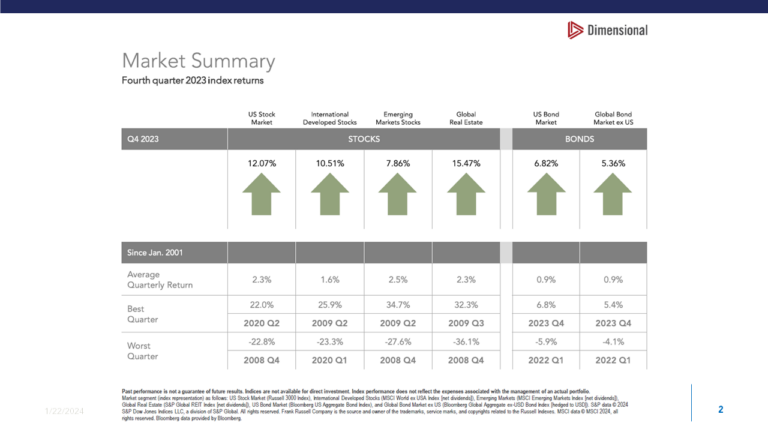On September 7, Equifax, one of the country’s largest credit monitoring bureaus, announced they suffered a massive data breach, exposing millions of consumers’ personal information to hackers. Potentially, anyone with a credit history could be a victim of this unprecedented cybercrime.
According to Equifax, the breach lasted from mid-May through July and approximately 143 million consumers were exposed. Hackers accessed people’s names, Social Security numbers, birth dates, addresses and in some cases driver’s license numbers, the corporation reported. Also included in the theft were credit card numbers for 209,000 people and certain dispute documents for another 182,000 U.S. consumers.
As financial advisors, we understand the importance of keeping personally identifiable information private and protecting against increasing cyber threats. In light of the Equifax incident here are the steps we recommend our clients take to protect their identity and accounts:
Find out if you were exposed.
Click on this link https://www.equifaxsecurity2017.com/potential-impact/ and follow the simple instructions. In a few seconds, you will know if your information is potentially at risk.
What if your information was hacked?
You will be invited to enroll in Equifax’s TrustedID Premier free credit monitoring program. Enter a few pieces of information and you are enrolled. The program provides one year of free services for U.S consumers including:
- Credit Monitoring and automated alerts of key changes to your credit files with all three major agencies.
- A copy of your most recent credit report.
- Credit Report Lock – which allows you to prevent access to your Equifax credit report by third parties, with certain exceptions.
- $1MM Identify Theft Insurance.
- Social Security Number Scanning – which searches suspicious web sites for your Social Security Number.
Other Steps to Take
If you were exposed, we recommend you take the additional steps outlined below. If not, the steps below can be a good way to potentially protect yourself from future identify theft:
- Closely monitor account balances in all your accounts to ensure there is no unauthorized activity. Report any suspicious activity immediately to the account custodian.
- Obtain additional credit reports from a different credit bureau (other than Equifax). You can obtain free reporting once per year from these agencies, so it makes sense to request a report from at least one agency in a couple of months, and then from a different agency in January or February. This is a good way to stay on top of any changes to your credit history.
- Consumers can check their credit reports regularly through the government-authorized website annualcreditreport.com. The site allows for one free annual checkup by consumers.
- Place a fraud alert on your accounts. A fraud alert allows creditors to get a copy of your credit report as long as they take steps to verify your identity. For example, if you provide a telephone number, the business must call you to verify whether you are the person making the credit request. Fraud alerts may be effective at stopping someone from opening new credit accounts in your name, but they may not prevent the misuse of your existing accounts.There are three types of fraud alerts available.
- Initial Fraud Alert: Protects your credit from unverified access for at least 90 days.
- Extended Fraud Alert: Protects for 7 years.
- Active Duty Military Alert: For those in the military who want to protect their credit while deployed. This type of alert lasts 1 year.
Fraud Alerts are free and can be initiated by calling any of the three bureaus, who in turn will alert the other two.
- Place alerts on your credit card accounts so that you are getting routine email updates about balances and transactions. Many credit card companies and banks have automated alert systems that can send emails or text messages for a variety of activities.
- For those extremely concerned with their credit history, we recommend, as does the Federal Trade Commission, that you put a credit freeze on your credit report with the other reporting agencies, in addition to Equifax. Click Here for step-by-step instructions on how to create a credit freeze.
For more tips on what you can do to protect your identify, visit https://www.consumer.ftc.gov/topics/privacy-identity-online-security
Contact information for the three major credit-monitoring bureaus in the United States:
| Equifax | 800-349-9960 | www.equifax.com |
| Experian | 888-397-3742 | www.experian.com |
| TransUnion | 888-909-8872 | www.transunion.com |
Other important reminders:
- Be careful of online attempts designed to exploit this latest cyber incident. Phishing email attacks have already been reported by consumers receiving fake credit monitoring emails. Be sure you validate any source of request before clicking on a link and use the toll free numbers provided above if you have any concerns.
- Be careful not to react too quickly: Some consumers might consider quickly closing all credit card accounts, but remember, closing these accounts, especially those that have been open for many years and that are in good standing, can actually hurt your credit rating.
- Never give your personal information to anyone over the phone or via email unless you can verify who is asking for the information. Unsolicited emails or phone calls requesting personal information are red flags for cybercrime.
Level Financial Advisors is dedicated to the security and protection of our clients’ personal information and accounts. To learn more, please contact us at invest@levelfa.com.


